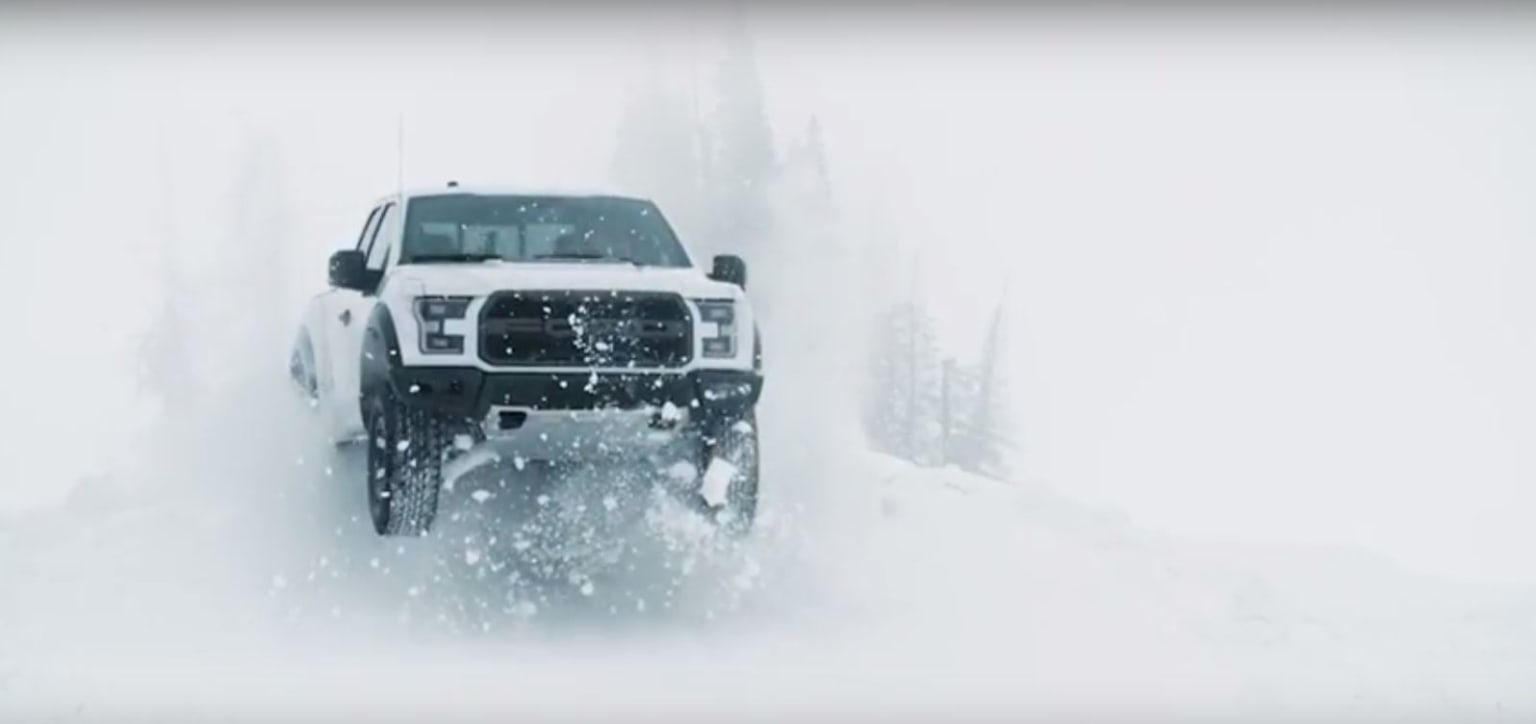
Preparing Your Ford for Winter
Winter is approaching, and your Ford vehicle will need some attention in order to handle the frigid, slippery streets between your home and work. Preparing your Ford to confront the northern chill should come as a welcome part of being a responsible driver and car owner.
Antifreeze Levels
When it is cold outside, the last thing you want is for your car’s engine to freeze over. Purchasing a kit to check your coolant/antifreeze levels is critical to ensuring your car can keep its engine at a proper operating temperature. If necessary, you may need to add such fluids to ensure that
your car will not experience any trouble as temperatures drop near or below zero. Antifreeze will generally need to be mixed with water in a specific ratio for most vehicles.
Other Fluids
When it starts getting cold out and your car is being subjected to the elements, you will want to make sure you are using winter grade oil and winter grade windshield wiper fluid too. Oil with proper viscosity for winter use will tend to have a front number of 5, rather than say 10. So, 5W30, instead of 10W30, will be more appropriate for colder weather use. Also, winter grade windshield wiper fluid will help with removing ice and snow, where regular windshield
wiper fluid will be more likely to freeze on your window and compound the problem of poor visibility.
Your Emergency Pack
A durable weather proof box for your trunk is always advisable during the winter months. In this box, you should store a number of important items. These items include, but are not limited to, blankets, flashlights, tools, extra nonperishable food, changes of warm clothing, matches, flares, gloves and anything else you may think appropriate in the event you find yourself stranded on the side of the road in a snowstorm. Remember, the idea is to stay both safe and warm.
Check Your Tires
Consulting your Ford manual, it is important to make sure your tire pressure is in the proper range for normal driving capacity. With your tires aired up to the proper PSI, it is then important to take a hard look at the depth of the treads on your tires. Deeper treads are more effective on snow and ice-covered roads. If necessary, you may want to consider switching to winter tires for all around improvements to handling your car in cold weather conditions.
Driving in the winter tends to be far more challenging than driving in the summer months. By preparing your Ford for the challenge, you will keep yourself and your family safe on the road. So, before heading out in treacherous weather, be sure your Ford is ready to tackle any cold weather problem that might arise. If you have any further questions, feel free to contact our Ford dealership for information.